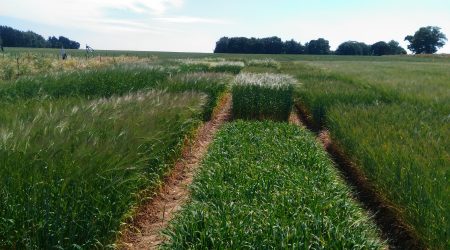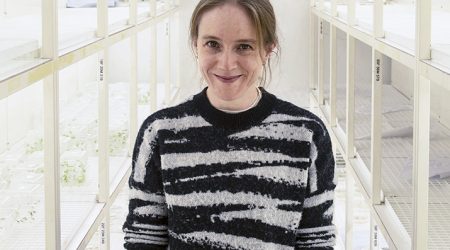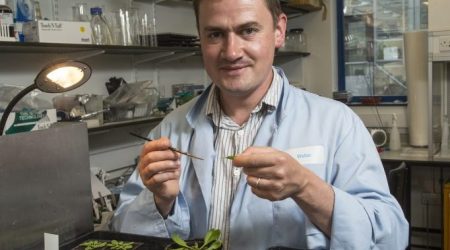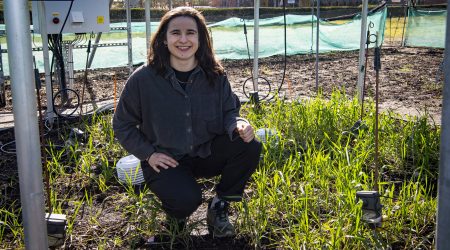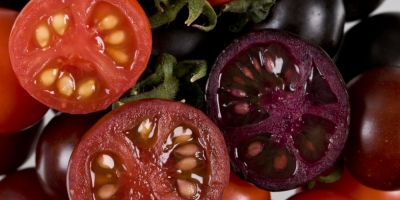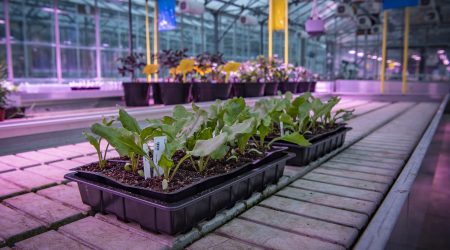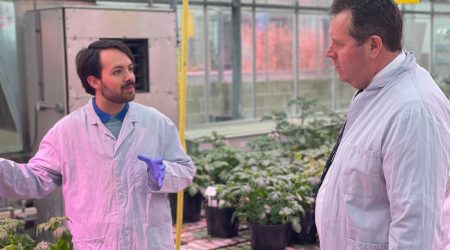Barley plants fine-tune their root microbial communities through sugary secretions
Different types of barley recruit distinct communities of soil microbes to grow around their roots by releasing a custom mix of sugars and other compounds, research from the John Innes Centre finds
Read the story
